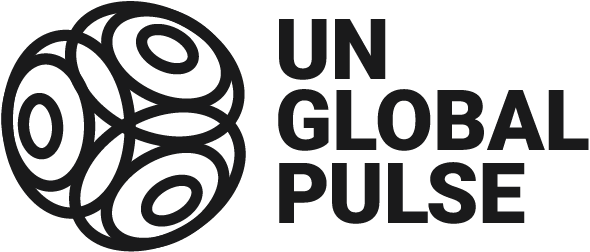We are excited to announce the launch of the second cohort of UN Global Pulse’s Innovation Scale Accelerator, an initiative designed to help UN teams take promising innovations from pilots to widespread implementation. Launched in 2023, the Scale Accelerator is part of the United Nations’ commitment to advancing scalable and sustainable social impact innovations, ensuring that transformative ideas reach more people and communities globally.
As Ayaka Suzuki, Director of the Strategic Planning and Monitoring Unit in the Executive Office of the Secretary-General (EOSG), highlights:
“We are thrilled by the overwhelming response to UN Global Pulse’s Scale Accelerator. Our research, Scaling the Summit, pointed to the critical gap between innovation pilots and scalable solutions. The Accelerator fills that gap. The selected teams embody the spirit of UN 2.0, our vision of a more forward-thinking organization. We look forward to supporting their journey in Finland and empowering them to scale solutions for greater impact.”
This year, the programme received 94 applications from 23 UN entities—a 15% increase from the first cohort. Seven teams have been selected to join the Scale Accelerator and will participate in an intensive workshop in Finland from November 11-14, 2024. They will work with experts to refine their strategies for scaling their innovations, and the two teams with the most promising strategies will each receive a Scale Catalyst Grant of USD 60,000, along with additional technical support and mentoring.
Introducing the Second Cohort
After a competitive selection process, seven teams have been chosen to join the Scale Accelerator Programme, representing diverse solutions from various regions. The selected teams include:
- Food and Agriculture Organization (FAO) – BioDAF Project: Transforms organic waste into protein and fertilizer using black soldier fly larvae, supporting sustainable urban agriculture and green jobs in Côte d’Ivoire.
- International Organization for Migration (IOM) HQ – DTM Data Kit: Helps standardize and streamline data collection for IOM’s Displacement Tracking Matrix (DTM), reducing setup time, ensuring data quality, and improving data sharing and preparedness across countries.
- International Organization for Migration (IOM) Mexico – Comunidad AVES: Helps migrant integration in Mexico through community spaces offering health, education and social inclusion services.
- International Trade Centre (ITC) – Digital Freelancing Toolkit: Upskills women and youth in digital freelancing through a toolkit combining online/offline support, boosting earning potential in multiple countries.
- United Nations Office on Drugs and Crime (UNODC) – Lentes Violeta: Prevents drug use among women victims of violence in Bogotá, Colombia, with a gender-sensitive approach and training strategy for technical staff.
- World Food Programme (WFP) – SheCan: Promotes financial inclusion for women in lower-income countries by providing financial education and gender-mainstreamed lending products.
- UN Country Team Colombia (Resident Coordinator’s Office, UN OCHA and World Food Programme) – Joint Territorial Solutions Lab: Enables the UN to collaborate with local actors to identify and design a tailored response to community challenges, fostering a holistic, bottom-up approach across peace, humanitarian, and development actions.
These innovations operate in countries across Africa, Latin America, and the Middle East, including Malawi, Rwanda, Zambia, Côte d’Ivoire, Iraq, Mexico, Colombia, and Peru. They also align with several Sustainable Development Goals (SDGs), including SDG 5 (Gender Equality), SDG 8 (Decent Work), SDG 10 (Reduced Inequality), SDG 16 (Peace, Justice, and Strong Institutions), and SDG 17 (Partnerships for the Goals).
Growing Momentum for Innovation Across the UN
The growth in applications to the Scale Accelerator highlights a rising commitment to innovation across the UN system, a cornerstone of the UN 2.0 vision. Additionally, the programme attracted applications from new UN agencies such as UNODC, the UN Institute for Training and Research (UNITAR) and the UN Refugee Agency (UNHCR), underscoring a collective push towards innovation and transformation.
Gender parity was a significant highlight of the applications, with 58% of leads or co-leads being women, demonstrating the UN’s ongoing commitment to gender equality in leadership roles.
Geographically, innovations are being implemented across regions with a particular focus on Africa and Latin America, with the top countries including Malawi, India, Uganda, Ghana, Iraq and Guatemala. Notably, a significant proportion of team members—73%—are based in non-UN hub countries, underscoring the wide reach of the programme and the UN’s engagement with diverse global communities.
A Future-Ready United Nations
UN Global Pulse’s Scale Accelerator Programme represents the United Nations’ dedication to fostering a culture of collaboration, innovation and impact. As these selected teams embark on their journey to scale, they will contribute to building a more modern United Nations that drives transformative solutions to global challenges.
Stay tuned as we follow the journeys of these innovations, all aimed at creating a better, more sustainable future.



